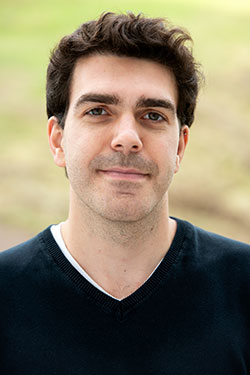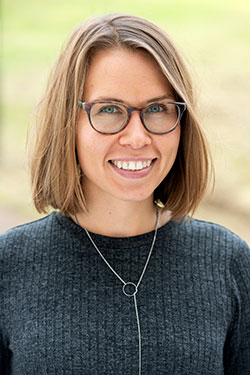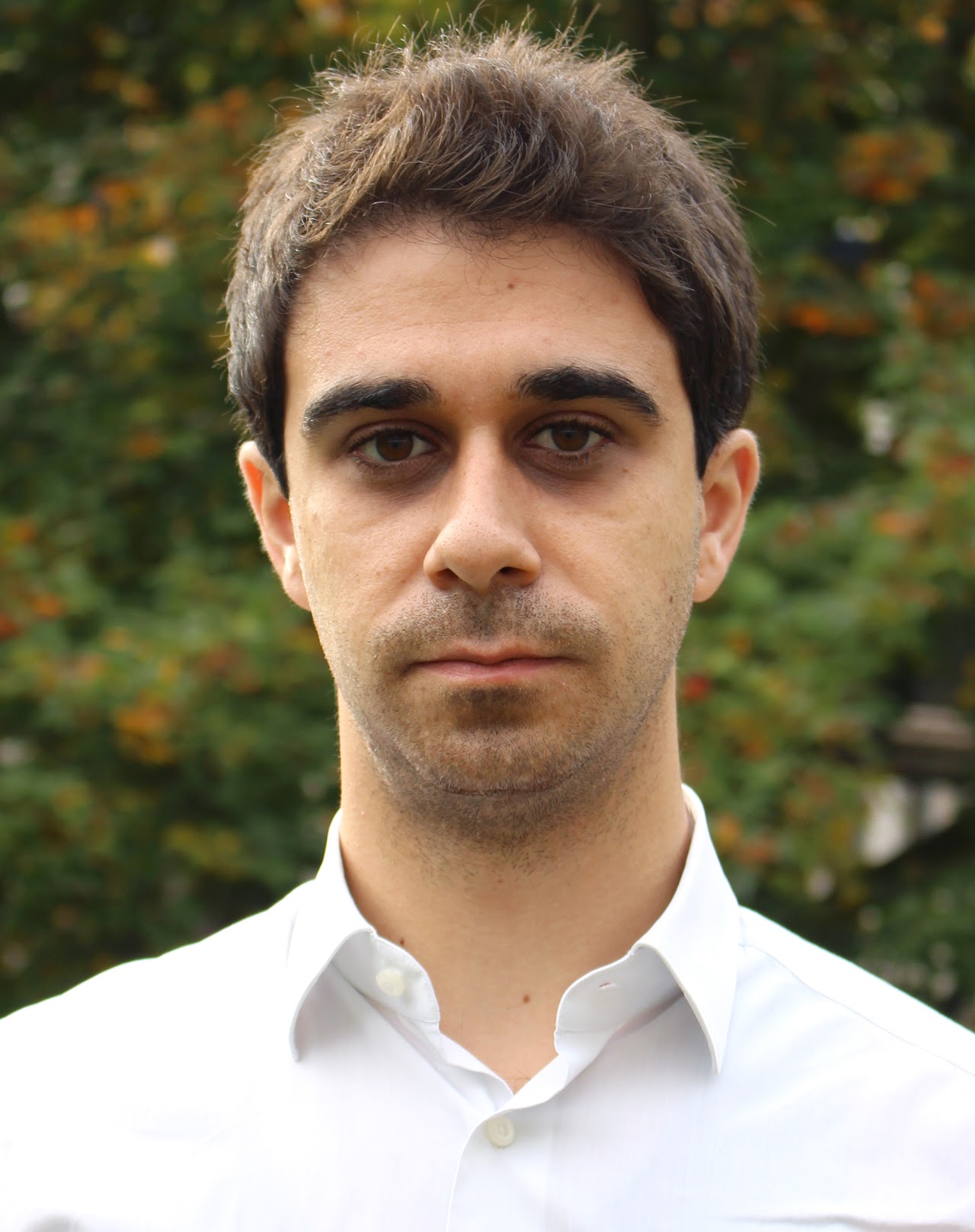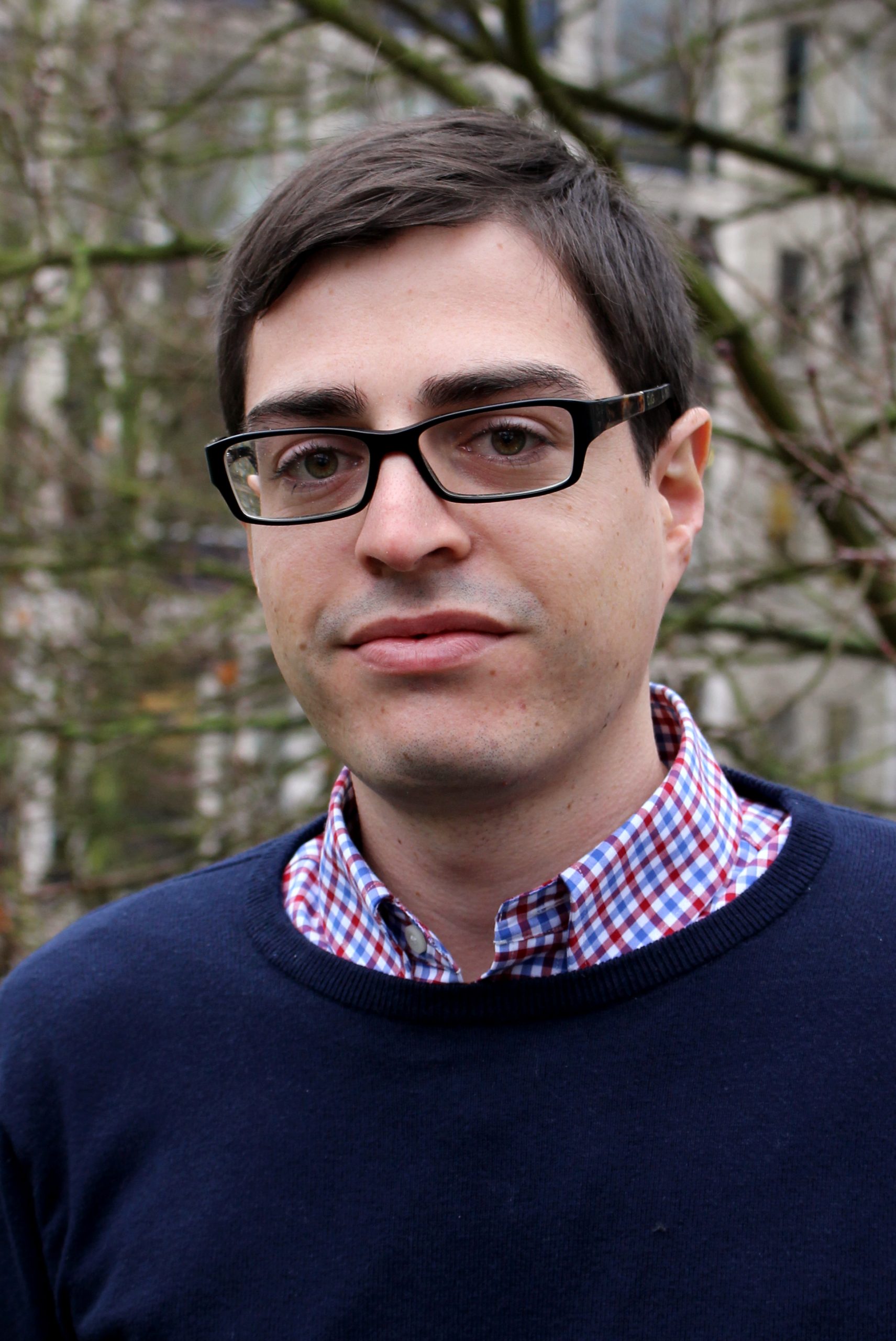Sonkurt Sen

What made you choose Essex for your studentship?
The research interests of the professors and the experiences of my friends/professors who previously studied at Essex.
What are your research interests and how has being in ISER shaped your studies?
I am interested in Economics of Education and Experimental Economics. I have been interested in Experimental Economics since the last two years of my undergrad and during my master I started being interested in Economics of Education. Being in ISER gave me a chance to combine these two fields and currently I use experimental methods to examine some important questions in the Economics of Education.
Describe the facilities and environment on offer at ISER? Do you feel like a part of the Institute?
I have never found the facilities to be an important part of my research. For me, a computer is enough to work. What is important for me is the environment that I work and ISER is one of my favorite places to produce research. I really like the fact that academics here see you as your colleagues rather than just a student. And it is something very important at this stage of our career as it shows that we are valued.
Do you think that having world class academics as supervisors / colleagues has changed the way you think about your work and your future?
It certainly did. Working with people who are leaders in their area not only made me a better researcher but it also expanded my horizons. I am now connecting my research with different areas of economics which would be harder without the help of my supervisors.
ISER is home to three major research centres and surveys: ESRC Research Centre on Micro-social Change (MiSoC); EUROMOD (a tax-benefit microsimulation project); and the UK Household Longitudinal Study (Understanding Society). Has being co-located with any of these affected how you conduct your research?
I am co-located with MiSoC and it brought a context to my research. Now, my research not only focuses on Economics of Education but I use my research to understand the reasons behind the inequality which is one of the themes of MiSoC.
What do you think you will go on to do once you have completed your PhD at ISER?
I am planning to stay in academia and take an Assistant Professorship/Lectureship where I will be both teaching and doing research.
Yuliya Kazakova

What made you choose Essex for your studentship?
When I decided to do a PhD, I started talking to my friends who were doing their PhD at that time. Those, who were at the University of Essex, especially highlighted ISER. After learning more about this place, I understood that this is exactly what I am looking for several reasons. First, there are many expert researchers who work in the fields I wanted to specialise in such as labour economics, family economics and applied econometrics. Second, I believed that evolving in a leading centre for analysis of longitudinal studies, receiving world-class support, and environment for research training such as Proficio would be a great opportunity to help me become a better researcher. Third, because I already had two MSc degrees, it was very important for me that PhD programme at ISER involved no compulsory course work, meaning I could start doing my research straight after enrolling in the programme.
What are your research interests and how has being in ISER shaped your studies?
When I started my PhD, I was mainly interested in applied labour economics. After spending some time at ISER, surrounded by a large number of great researchers with very different research specialties, my research interests have naturally evolved and expanded. My main research interests now lie in the field of health economics. I am very grateful to my supervisors who have continuously given me invaluable support and guidance with everything I do.
Describe the facilities and environment on offer at ISER? Do you feel like a part of the Institute?
There are a couple of very important things about ISER that make this place very special for me. First, one of the great things about ISER that I really like is that there are not that many PhD students (around 4-5 per cohort). It turns out that everybody knows you and knows what kind of research you do. Second, PhD students have many opportunities to present their research – there are student seminars, ISER internal seminars and specialised research group meetings. All students are always welcome to present their proposals, work in progress or finished projects and get valuable feedback. Third, because there are not many PhD students, every supervisor only has a couple students. According to my experience, it means that your supervisor really can focus on you and provide significant amount of help and support throughout the whole PhD journey. Fourth, I have received an Advanced Quantitative Methods Enhanced Stipend for my studies that I was able to spend on many research purposes. This stipend gave me a great opportunity to participate in many international conferences and summer schools and take advanced off- and on-line courses. Fifth, with the financial support from MiSoC, I went on a research visit at the European University bn. These things together make me feel very comfortable at this place and it’s true that I feel like I am a part of the Institute.
Do you think that having world class academics as supervisors / colleagues has changed the way you think about your work and your future?
I feel that working and getting support from world class academics gave me more confidence in my own research. It has increased the quality of my research and overall broadened my horizons and research interests.
ISER is home to three major research centres and surveys: ESRC Research Centre on Micro-social Change (MiSoC); EUROMOD (a tax-benefit microsimulation project); and the UK Household Longitudinal Study (Understanding Society). Has being co-located with any of these affected how you conduct your research?
I have received some experience working with Understanding Society. First, one of my papers is partly based on Understanding Society and it is great that there are so many people working on and with this dataset, meaning I always can ask for help from experts. Second, I have got a chance to work as a research assistant in several Understanding Society projects. This helped me better understand the capabilities of the dataset and strengthen my knowledge of working with longitudinal data.
What do you think you will go on to do once you have completed your PhD at ISER?
Doing my PhD gave me confidence that research in economics is definitely something I would want to carry on doing. Since the beginning of my PhD studies I knew that I want to do research outside of Academia, thus, I am more inclined to consider thinktanks and research centers for my future career. One thing I am absolutely sure about is that my research will be on health. I am convinced that my decision to choose ISER for my PhD studies was a great step towards a future career as a researcher in economics.
Enrico Rubolino

What made you choose Essex for your studentship?
The decision was quite simple: Essex is one of the best departments in Europe, in particular concerning my research interests. You can learn from the best and have a close relationship with your colleagues and supervisors.
What are your research interests and how has being in ISER shaped your studies?
I am mostly interested on the effects of public policies on inequality and intergenerational mobility. ISER is actively shaping my interests and the way I think about research. I’ll give you an example. Before coming to Essex I thought that the best way to address social inequalities was through the tax system. Even if I still believe that taxes are really important, I am now also interested in how other policies and factors (such as school investments or labor markets’ characteristics) shape people’s lives.
Describe the facilities and environment on offer at ISER? Do you feel like a part of the Institute?
Facilities and resources are top-notch. The campus is fascinating. Probably my favorite spot in the whole Essex are the lunch tables in the lakeside of the campus. Well, at least when it does not rain…
Do you think that having world class academics as supervisors / colleagues has changed the way you think about your work and your future?
I do think so. I believe that at this early stage of career my mind is still very plastic, and it can be substantially shaped by the people I interact with. Supervisors and colleagues have a crucial role in molding your critical thinking in the brightest possible way. And here you have expert craftsmen.
ISER is home to three major research centres and surveys: ESRC Research Centre on Micro-social Change (MiSoC); EUROMOD (a tax-benefit microsimulation project); and the UK Household Longitudinal Study (Understanding Society). Has being co-located with any of these affected how you conduct your research?
I am part of the MiSoC team. I’d say that it influenced me on having a broad, multidisciplinary approach. In particular, I think that combining quantitative methods with an historical approach is more convincing for addressing some specific questions that would otherwise be difficult to study.
What do you think you will go on to do once you have completed your PhD at ISER?
I want to find a job in academia.
Paulino Font Gilabert

What made you choose Essex for your studentship?
I chose Essex for the presence of scholars working on topics related to my research interests.
What are your research interests and how has being in ISER shaped your studies?
I am researching in the formation of human capital and skills, including the role that parents and governmental programs play in shaping these. ISER has a strong focus on child development and the economics of the family, so I have benefited from attending many presentations on the topic, both from in-house researchers and visitors.
Describe the facilities and environment on offer at ISER? Do you feel like a part of the Institute?
ISER enjoys a relaxed environment and offers opportunities to get involved in research taking place at the institute. The facilities it has are among the best on campus.
Do you think that having world class academics as supervisors / colleagues has changed the way you think about your work and your future?
Highly motivated supervisors are a great source of inspiration and encouragement, and that reflects on the dedication and quality of the work one produces.
ISER is home to three major research centres and surveys: ESRC Research Centre on Micro-social Change (MiSoC); EUROMOD (a tax-benefit microsimulation project); and the UK Household Longitudinal Study (Understanding Society). Has being co-located with any of these affected how you conduct your research?
I have attended workshops organized by MiSoC that have allowed me to learn from presentations of other researchers in the field.
What do you think you will go on to do once you have completed your PhD at ISER?
I hope to continue to be involved in the production of knowledge, wherever it helps the most.